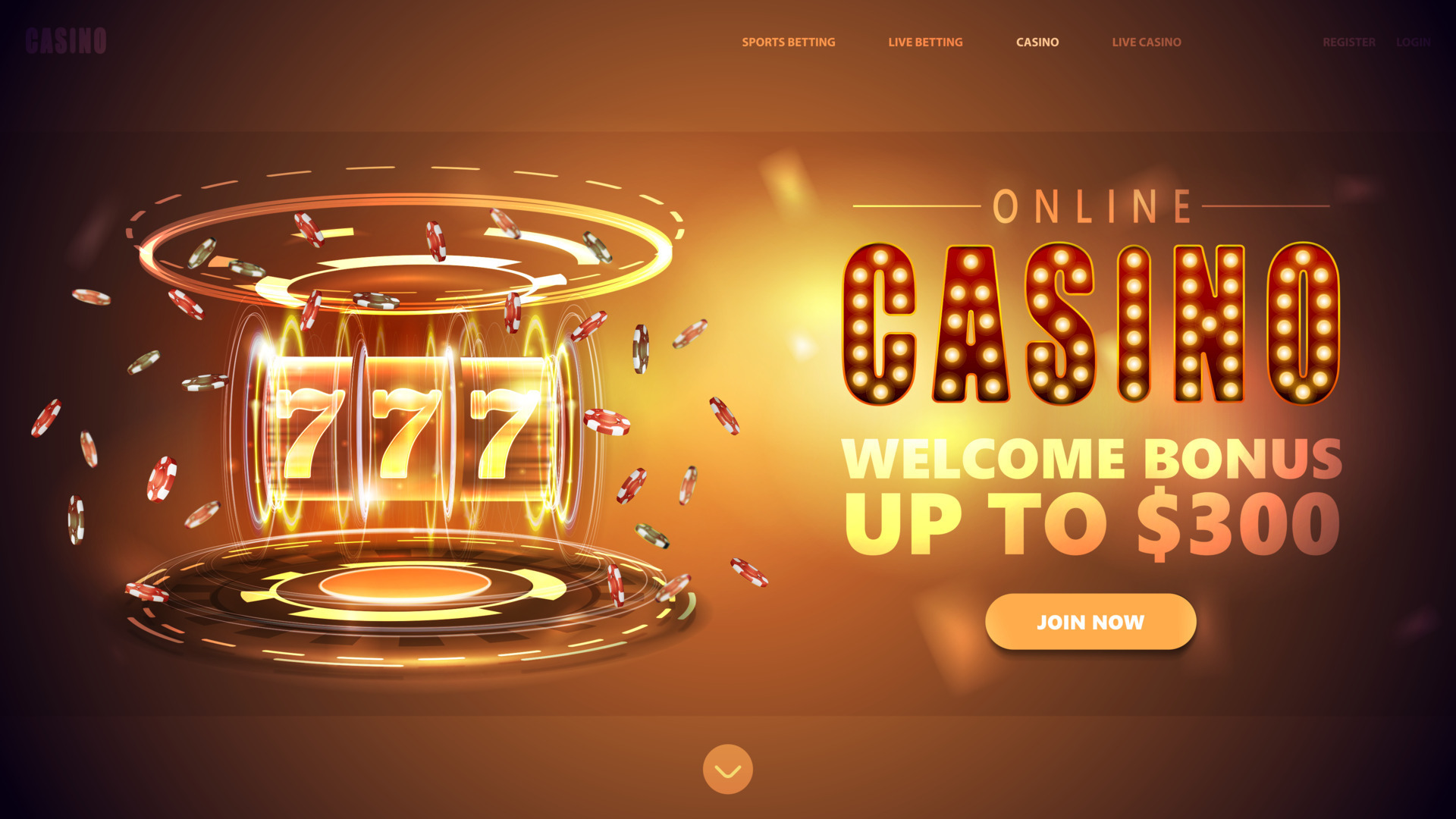
Casino experiences have long captured the interest of humans around the globe, becoming an integral part of both fun and culture. From the glimmering lights of the Vegas Strip to the immersive experience of virtual casinos, these activities evoke enthusiasm, uncertainty, and sometimes even a sense of remembrance. They are beyond simply pastimes; they have woven themselves into the fabric of our lives, influencing everything from movies and music to style and books.
The appeal of casino games goes beyond the betting aspect, tapping into larger themes of serendipity, risk, and social interaction. As players assemble around a poker table or turn the roulette wheel, they engage in an timeless ritual that echoes with our shared desire for thrill and uncertainty. pay4d This captivation has led to the emergence of countless references in films, music, and video games, showcasing how intensely entrenched these games are in popular culture. Whether it is the intense drama of a classic robbery film or the colorful nightlife portrayed in music videos, casino games have established a substantial niche that reflects our bond with reward.
Historical Importance of Gambling Games
Gambling activities have played a key role in social aspects throughout history. Originating from ancient societies, games of chance were often linked to rituals or events. For instance, early forms of these activities can be traced back to historic China and the Roman Empire, where die games and betting on results were popular pastimes. These activities not only functioned as entertainment but also as means of social interaction, facilitating connections among people within communities.
As cultures evolved, so did the sophistication and structure of casino games. The creation of official casinos in the 17th century, particularly in the Italian region, marked a notable shift in how games were viewed and organized. With specific spaces for gambling, the casino became a social hub where people from different backgrounds convened. This change contributed to the legitimization of gambling, transforming it from a mere pastime into an established industry that influenced the economy and regulations.
The impact of gambling games on popular culture cannot be overlooked. As they were popularized in literature and movies, games such as Texas Hold’em and blackjack became icons of risk, luck, and strategy. Iconic characters and narratives have emerged around these games, illustrating societal views towards luck, wealth, and vice. This interest with gambling games has infiltrated various forms of media, solidifying their status in the public imagination and connecting them to broader cultural stories throughout history.
Depiction of Casino Games in Media
Casino activities have long been a popular theme in different types of entertainment, reflecting both the thrill and nuances of the world of gambling. Films such as Ocean’s Eleven and Casino Royale portray individuals who navigate dangerous scenarios, showcasing not only the appeal of the casino atmosphere but also the strategies and choices that come with playing popular games like Texas Hold’em and blackjack. These movies often dramatize the exhilaration of winning and the potential consequences of losing, encapsulating the dangers involved in betting.
TV programs have also explored the universe of casino games, often integrating them into the narrative as a setting for character arcs and drama. Series like Vegas depict the stories of gambling employees and customers, highlighting the lively, often chaotic energy of the casino floor. Docuseries featuring high-stakes betting contests further emphasize the attraction of casino games, drawing viewers into the drama and tactics involved in each round. Through these representations, media not only amuses but also prompts conversations about luck, expertise, and the essence of chance.
Video games have increasingly integrated gambling activities into their design, allowing players to experience the feeling of gambling without financial risk. Titles within the landscape of digital gaming often include virtual slots, poker, and other popular casino games, creating an engaging environment that mirrors actual casino experiences. These virtual portrayals make gambling activities accessible to a worldwide viewer base, appealing to both risk-takers and those who enjoy the thrill of virtual experiences. As a outcome, the representation of casino games in media continues to shape public perception and cultural significance, highlighting their place in entertainment and social context.
Effect of Casino Games on Society
Casino games have a meaningful impact on communities, influencing multiple facets of societal norms and social behavior. They often serve as a venue for community engagement, where people come together to enjoy a common activity. Casino trips with friends or visits to casinos become group events that build connections and create memories. This collective aspect enhances the entertainment value of gambling activities, making them a favored choice for celebrations and recreational pursuits.
Moreover, casino games have been portrayed in numerous films, TV series, and literature, influencing views and opinions towards gaming and gaming. Icons like James Bond playing baccarat or the high-stakes poker scenes in films have embedded these games in the shared imagination. This depiction often idealizes the culture associated with gambling, attracting new players and impacting trends in both fashion and conduct. These portrayals can ignite curiosity and lead to a more profound investigation of the nuances of gambling.
However, there are also negative implications associated with the popularity of casino games. The temptation of quick monetary gain can lead to problem gambling and financial troubles for some people. Society must grapple with these issues, promoting responsible gaming and awareness of the dangers involved. Finding a balance between the entertainment value of casino games with the risks is vital to ensure that they continue to be a beneficial aspect of our cultural landscape.
